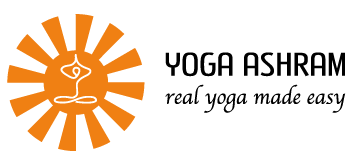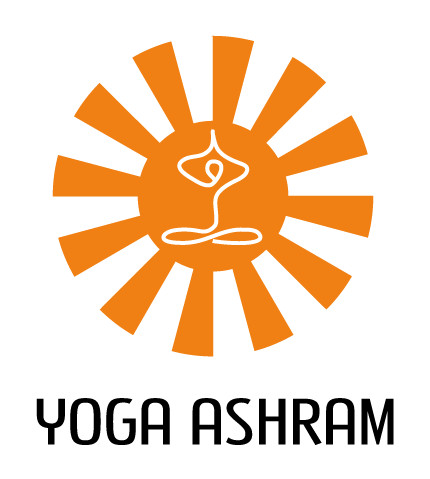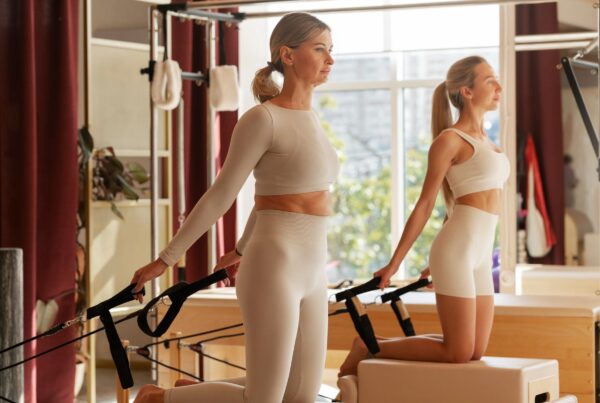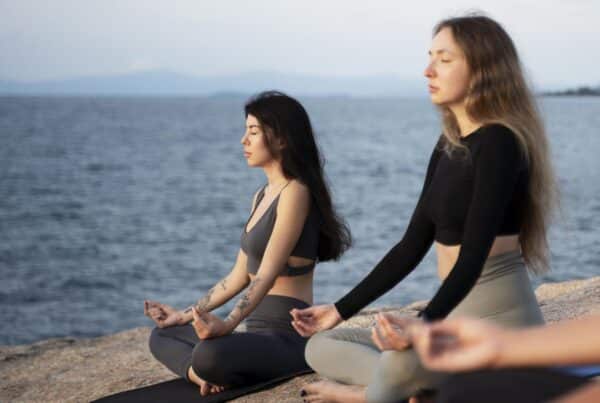“The Birthright of every individual is a disease free body, quiver free breath, stress free mind, inhibition free intellect, trauma free memory, ego that encompasses all and a sorrow free soul “ …….
Sri Sri Ravi Shankar (humanitarian and founder of Art of Living Foundation based in more than 155 countries worldwide)
The popularity of Yoga today signals that more and more people are enjoying its benefits.
Let’s look at some frequently asked questions about Yoga in this issue:
Q. How is Yoga different from stretching or other fitness exercises?
In Yoga, every movement is done with total awareness i.e. in coordination with the breath. It is a system of wellbeing that not only affects your body but too your subtler aspects like mind and breathe. It boosts the immune system as it works internally on the organs and especially the optimal functioning of the regulatory systems of the body e.g. circulatory system, cardio-vascular systems, endocrine system and lymphatic system. Also at the end of the yoga session one feels more relaxed especially in the mind, clearer and focused.
Yoga teaches you to rest in activity. With relaxed and steady breath, one learns to hold or go deep into the stretch. Increasingly with regular practise of yoga, you become very in tune with your body and start recognizing early warning signals of some imbalance in the body.
Which leads us onto our next frequently asked question,
Q. How often or how long should one person do Yoga in a week?
Even if you only have time to do it once a week, it’s better than not doing it at all!
Doing it even once a week regularly is better than doing it say for a month and then stopping for six months. It is the gap in regular practise that puts you back.
Q. How long does it take to feel the effects of yoga?
After just your first class, you should feel more relaxed already.
You will also notice your breathing to be much better with regular practise of yoga. Prolonged and more benefits follow with lot of patience and regular practise.
How soon one experiences benefits of yoga can differ from individual to individual.
Definitely one would need to practise it regularly without any regard to the benefits and that’s when you may start to observe or more often than not your friends will tell you how much calmer you seem to be or how little things don’t seem to bother you as much…
With increasing regular and consistent practise of yoga, your decision- making process becomes better as it is more intuitive.
The next most frequently asked question is
Q. Can yoga help you lose weight?
It definitely tones your body and especially can improve core strength.
If practised three to five times in a week, you will notice subtle changes in your body form after at least six months. Combined with wise and healthy dietary choices, weight-loss can follow.
Q. Can I do yoga and follow it with cardio and weight lifting?
Sure you can!
Q. Do I have to be flexible to do Yoga? What if I’m not flexible?
Make no mistake, Yoga is for everybody. Especially if one is not flexible, one can start with beginner sessions and with regular practise, one can move onto intermediate and to advance yoga sessions.
Yoga is for all ages and especially kids and teens can benefit with improved focus and concentration that comes with it.
Q. Is there a best time of the day to practise yoga?
Yoga ideally should be done early in the morning as the calm and meditative state of mind from the yoga session can be felt throughout the day.
The versatility of Yoga today though makes it doable at any time of the day or evening so long as it’s done before mealtimes.
It definitely can give you a better quality of sleep in the night on those days when you have practised.
Q. Does Yoga really help people suffering from anxiety and depression? How?
Yoga especially if done together with Pranayama (regulation of the breath) and meditation can definitely help reduce anxieties and depression. Yoga seeks to bring the biorhythms of the body back in line with that of nature. The Art of Living Program called “Happiness Program” has attained success worldwide and recognition too in Harvard Medical Research for doing just this i.e. Reducing anxieties and depression.
